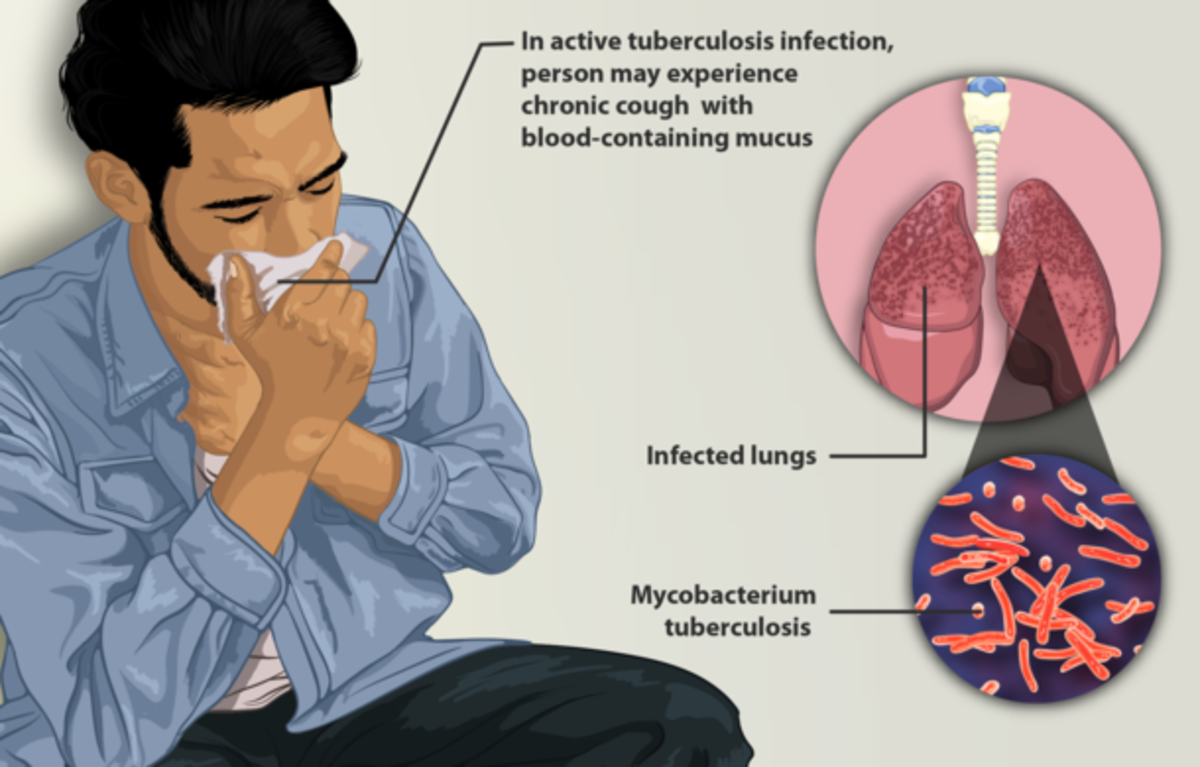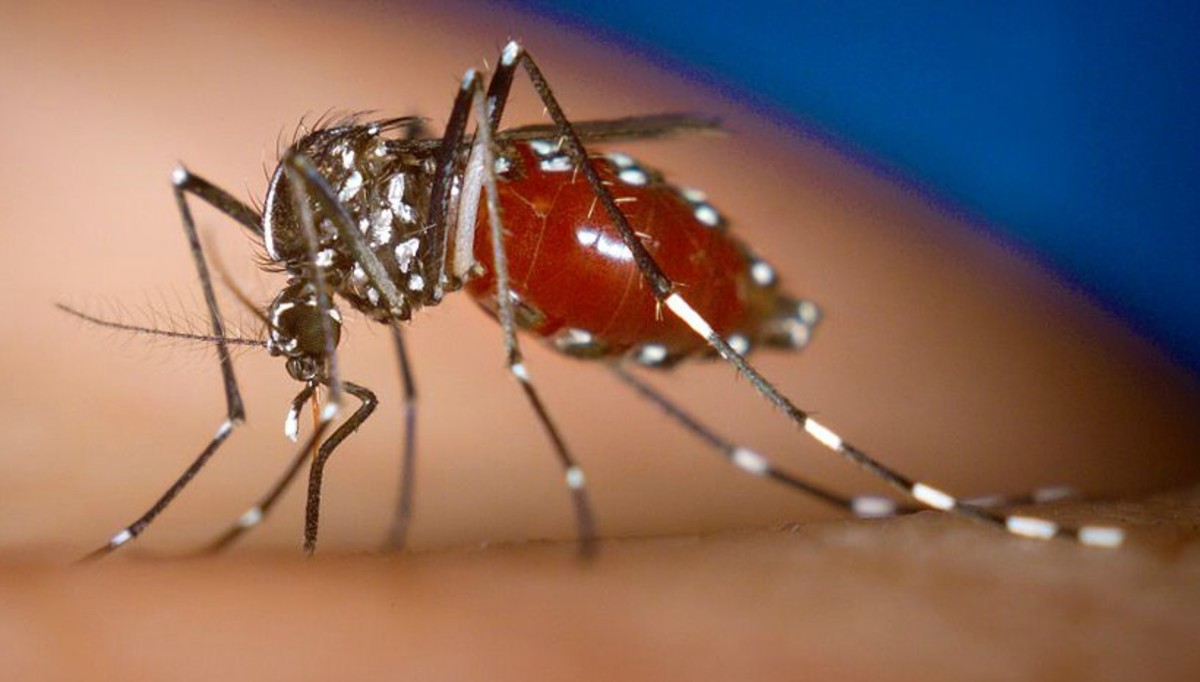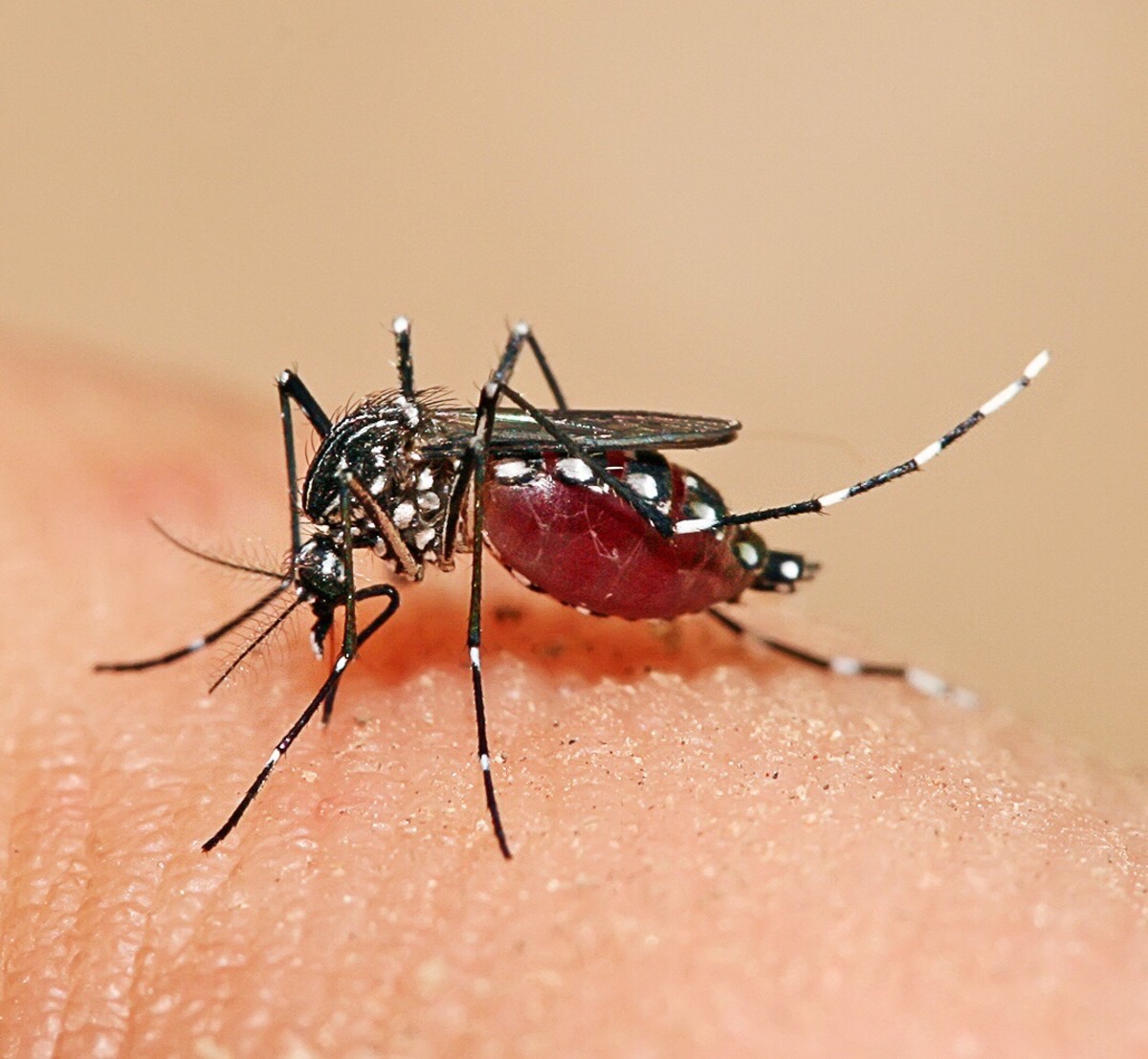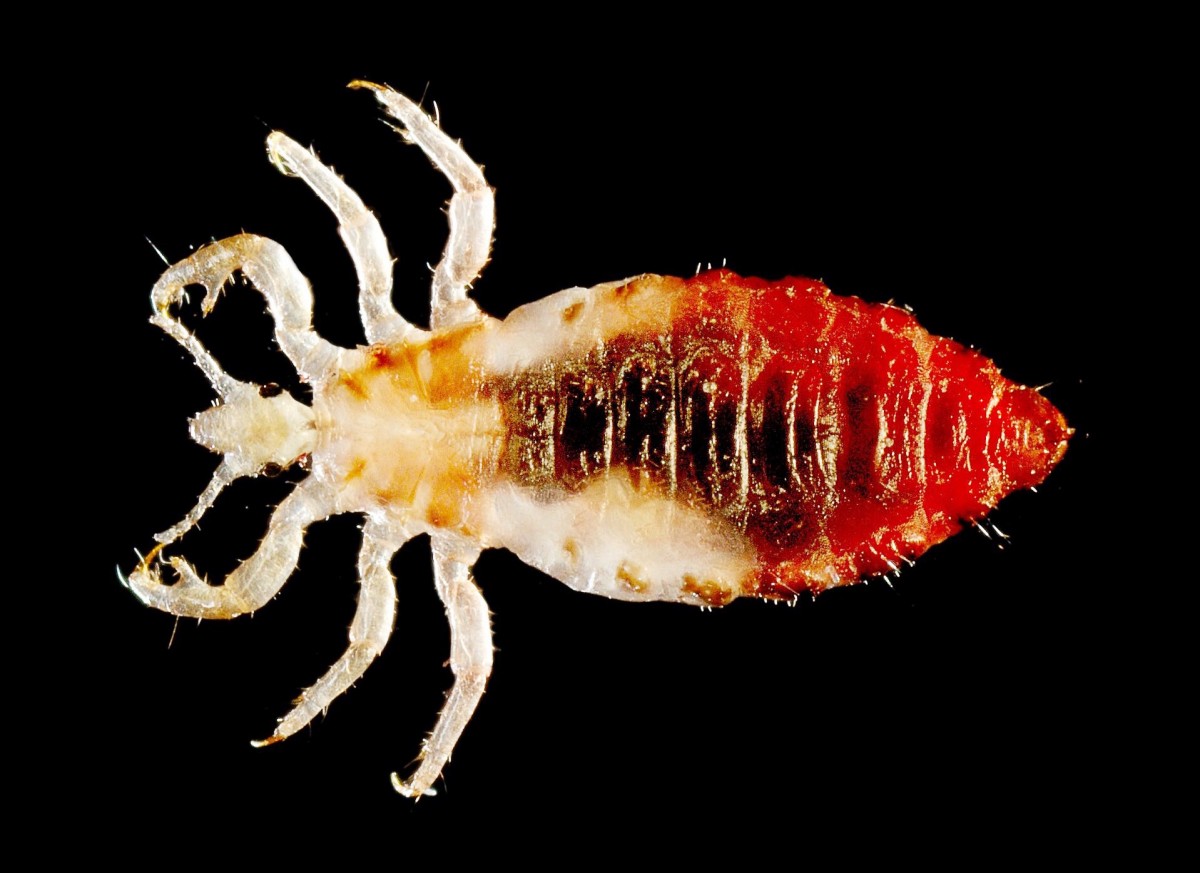Zika Virus
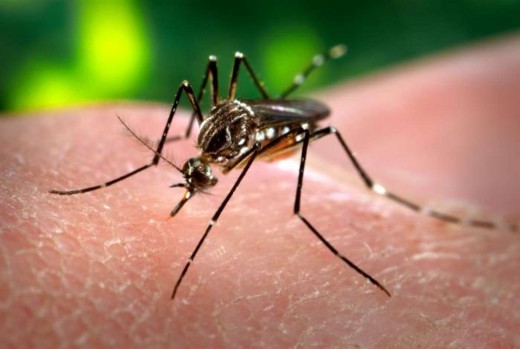
You must've seen at least one bit of news about it by now. News of infection cases around the world, of a mysterious disease that has been linked to the occurrence of microcephaly in newborn children, and of a health issue that is sure to shake up the Olympic games of 2016.
This mysterious "Zika" disease, as it is called, has been on the news several times by now and is an issue that is on the minds of millions of people around the globe. As new cases are reported in the Americas and even in Europe, the world turns its eyes to what it perceives as a new danger to life as we know it.
But what actually is this "new" virus?
Zika
The Zika virus got its name after being discovered in the Zika forest in Uganda in 1947. It was discovered after the blood of an infected rhesus monkey was analyzed.
By 1952, the first occurrence of zika infection in a human was detected, and the disease has since spread around the tropical areas of Africa, certain parts of Asia and even the Pacific Islands. However, before 2007, only about 14 cases of zika infection were known. This doesn't mean that only 14 infections happened in that timeframe, however. You see, zika is specially troublesome in that its symptoms are very similar to the symptoms of many other, less dangerous diseases, and mild cases can be even asymptomatic. Also, since its outbreaks by then only happened in mostly poor, undeveloped tropical areas, its likely that many cases were not reported.
In 2015, the Pan American Health Organization confirmed the first case of zika infection in Brazil. Since then, since the aedes mosquito is very well adapted to Brazilian climate and environment and because the government was not able to properly contain its spread in time, several cases of infection have been reported since.
Zika Virus Symptoms
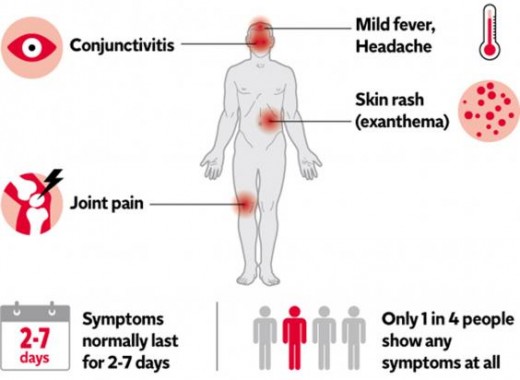
The main problem with zika infections is that they can be asymptomatic, that is, have no obvious or easily detectable symptoms. When it does have symptoms, however, its usualy indicative of a more grave case of infection.
Zika's symptons are very similar to other diseases which are also propagated by the aedes aegypti mosquito, such as dengue. The following symptoms are the most commonly reported:
- Fever: mild to high fever, that lasts for a few days and up to a week. The fever usually comes in parts, with intervals between each;
- Inflammation of arms and feet: the infected patient's arms and feet may become swollen for no apparent reason. Sometimes the inflammation is accompanied with the appearance of red spots;
- Conjunctivitis: an infected patient may suffer from conjunctivitis (red eyes) and experience pain in the back of the eyes;
- Headache: headaches are a commonly reported symptom, usualy accompanied by the fever;
- Joint or localized pain: the infected may experience pain in the joints, mainly in the knees, or localized pain that doesn't seem to have a clear cause;
- Vomiting and diarrhea: the patient may have episodes of nausea which may cause vomitting. Diarrhea is also commonly reported. Its important to keep the infected hydrated, since these symptoms can easily cause dehydration;
Microcephaly
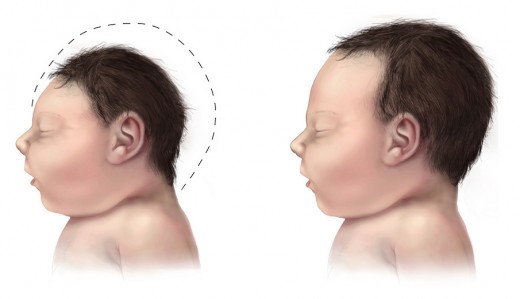
What made the zika virus specially feared when its first epidemic was officially recognized in 2015-2016, is that zika infection has been associated with the occurrence of microcephaly in babies born from mothers infected with zika, as the babies are infected while in the uterus.
Microcephaly is a condition that affects fetuses and alter its natural growth process. While microcephaly can also occur after birth, in the first few years of a child's life, microcephaly associated with zika has only been known to occur before birth. Microcephaly causes the brain of the child to not develop properly, thus resulting in a smaller brain, causing a deformation on the child's head and can trigger other birth defects.
While no one has been able to properly identify the reason to why zika would cause microcephaly, several cases of the disorder have been associated with zika infection, and as such governments have issued official notes advising infected women from avoiding pregnancy until a treatment is developed.
In the wake of the 2015-2016 ongoing epidemic, the United States and other governments have issued travel warnings to citizens planning to travel to places in which the epidemic is still ongoing. These measures are expected to greatly diminish tourism in these areas and the number of people which will be going to the 2016 Rio de Janeiro Olympics.
Guillain–Barré Syndrome

According to the National Institute of Neurological Disorders and Stroke, The Guillain-Barré Syndrome is a disease which causes the body's own immune system to attack the peripherous nervous system, affecting mostly arms and legs and other extremities, causing a feeling of weakness across the limbs and abnormal sensations.
The syndrome is specially dangerous because, in acute cases, it can cause total paralysis of the upper body muscles, which means breathing becomes impossible, and death soon follows.
The syndrome by itself has no special cause, as it is an autoimmune disease, that is, a condition that is caused when the body's own immune system is tricked into attacking a part of the body itself. It is mentioned in this article because zika has been known to trigger it in a few patients, but only adult ones. The syndrome is usually temporary (if treated), but can leave lasting effects, leaving some limbs permanently weak.
The main treatment for the syndrome is a large injection of immunoglobulin or transfusion of blood plasma, This treatment, however, doesn't work for all people, and mostly only serves to lessen the effects of the syndrome.
Zika Infection
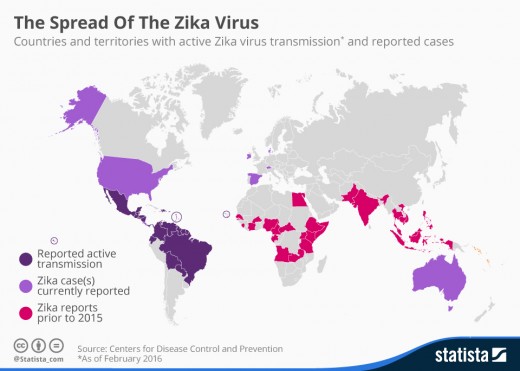
The most common cause of zika infection is receiving a bite of a mosquito of the aedes family that carries infected blood. The mosquito usually most active during the morning and afternoon hours, when it will seek prey to drink blood from. The act of feeding on the blood of its prey causes the virus to be transmitted.
Zika is contagious through sexual contact. Several cases of transmission of the disease by infected males to sexual partners have been reported, however, it seems that sexual from a infected female to a sexual partner is much more uncommon.
Zika can also be transmitted from a mother to the fetus by means of the umbilical cord, in a phenomenon called "vertical transmission".
Zika Prevention
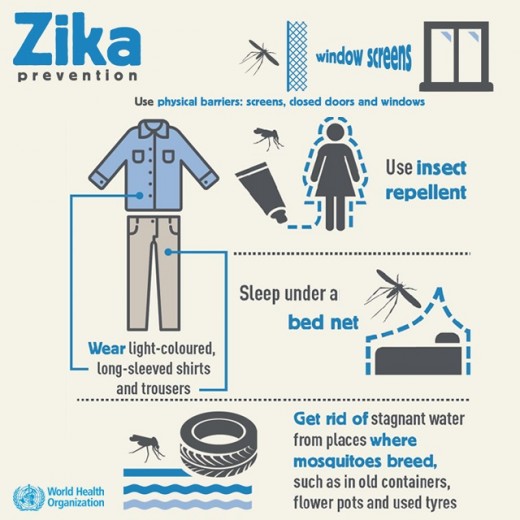
Since most zika infections result from the bite of the mosquito itself, the easiest ways to avoid infection is to simply avoid being bitten and preventing the mosquito from proliferating.
Here's a few bullet points on preventing infection:
- Wear light colored clothing: oddly enough, it seems that the mosquito prefers darker colors to lighter ones, and can be warded off by wearing bright or light colored clothing. This should NOT be considered a flawless method of avoiding the mosquito, however;
- Repellent: since its a mosquito like any other, it can be kept away using mosquito repellents. Even home made repellent mixtures and creams are known to be effective. The rule of thumb is, if it keeps mosquitoes away, it will keep the zika transmitter away as well;
- Window bug screens and nets: just keeping the mosquito from touching you is enough to prevent infecting by mosquito bite, so use window screens and bed nets if you live in areas in which the mosquito is common, such as areas with a tropical climate;
- Remove sources of stagnant water: the zika transmitter mosquito is known to only lay its eggs on stagnant water. As such, removing any source of stagnant water will prevent its proliferation, since its eggs will simply die without stagnant water. If you cannot remove these sources, at least try to cover them with something, so the mosquito has no access to it.
The aedes family of mosquitoes are also very easily identifiable, thanks to their characteristic numerous white spots spread over its body and legs. If you see any mosquito with these characteristics, try to kill it, then look for possible sources of stagnant water that the mosquito may be using to lay its eggs.
Zika Treatment
While progress is being made on the creation of a vaccine, there is still no clear outlook as to when it will become available. However, Zika is only deadly if left untreated, and the treatment iself is rather simple:
- Get plenty of rest! There's no special secret of tricks to trating zika, and as with any disease, its important that the infected person rests as much as possible;
- Drink lots of fluid. Among Zika's symptoms are vomiting and diarrhea, and so its very important to drink lots of water to prevent dehydration;
- You can take drugs such as paracetamol and tylenol in order to aleviate the fever and pain symptoms. Avoid taking aspirins until you're sure you have Zika and not Dengue (which is also transmitted by the same mosquito), as aspirin can increase internal bleeding cause by Dengue;
- Always consult your doctor if you happen to be already taking medication for another reason, as this medication can affect the symptoms or prevent you from taking others;
- Avoid being bitten by other mosquitoes! This is specially important because it will prevent your infected blood from being transported by them and cause other infections! Zika can still be found on a person's blood during the first week of infection;
Its important to always remember to consult a medical professional if you exhibit any of the symptoms listed on this article. Its specially important on this case since Zika is infectious, and treating yourself will prevent you from transmitting it through blood transfusion and sexual contact.


